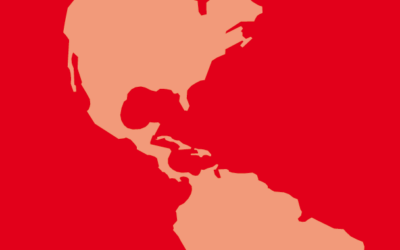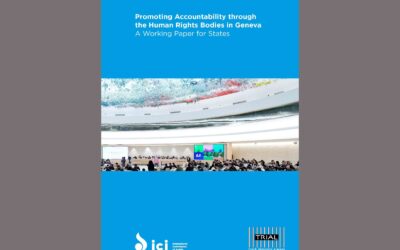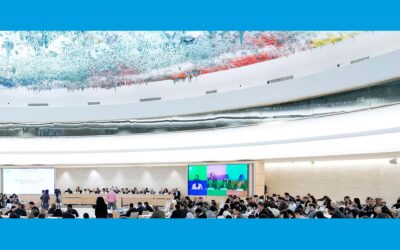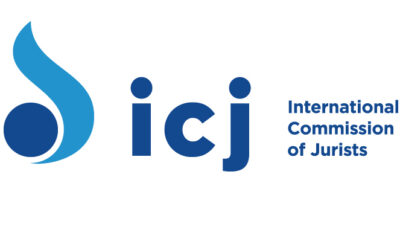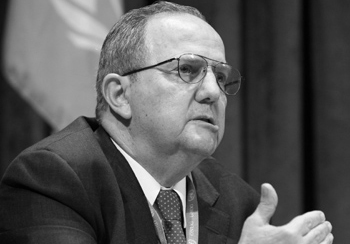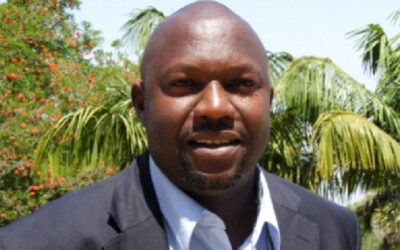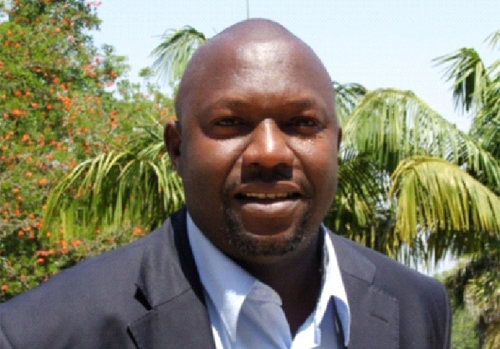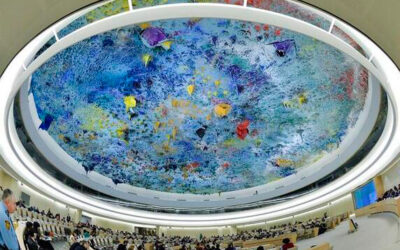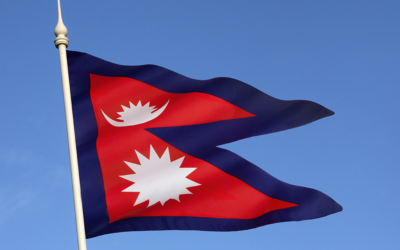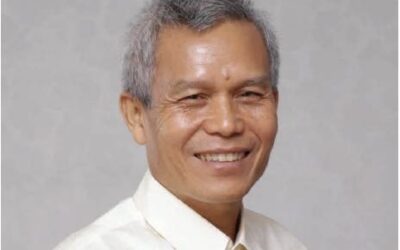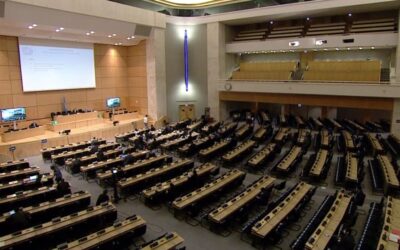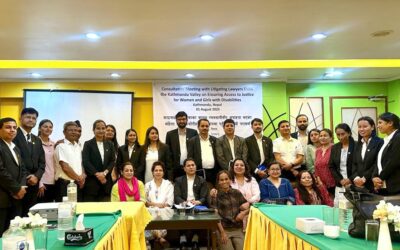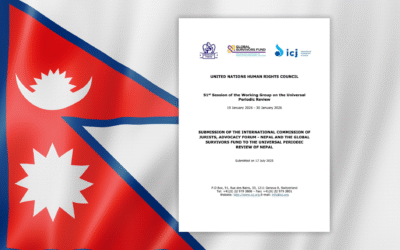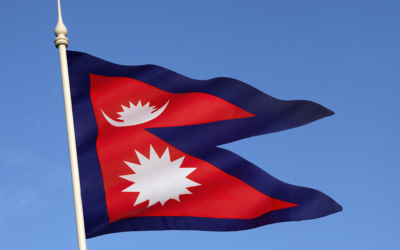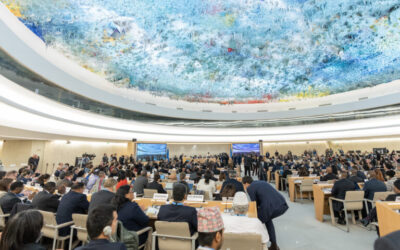The ICJ today called on Colombia to ensure accountability at the national and international levels through effective implementation of UPR recommendations and by reconsidering its rejection of other UPR recommendations.
In an Interactive Dialogue on the adoption of the second cycle Universal Periodic Review of Colombia (Item 6 of the Human Rights Council’s agenda), the ICJ stressed the importance for Colombia to implement in an effective manner recommendations accepted by it and called on Colombia to reconsider its rejection of recommendations for the Government to ratify international human rights treaties key to ensuring accountability and access to justice.
The Interactive Dialogue took place during the 24th regular session of the Human Rights Council (9 to 27 September 2013).
Colombia-HRC24-Item6-OralStatement-LegalSubmission-2013 (download full statement in PDF)
ICJ submission and advocacy on the Universal Periodic Review of Colombia

